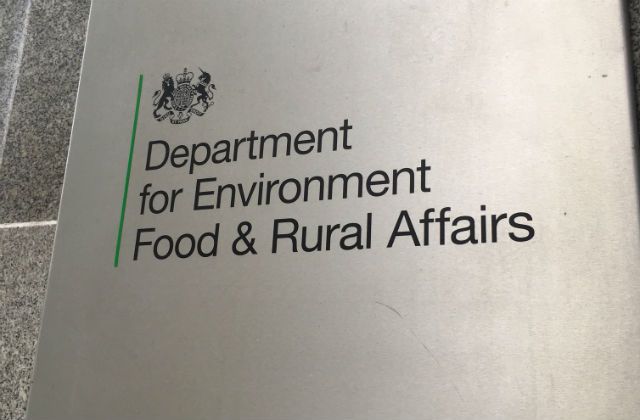The 25 Year Environment Plan launched
 The Government has launched the long-awaited 25 Year Environment Plan. Within it are the (safe, commitment-free) targets:
The Government has launched the long-awaited 25 Year Environment Plan. Within it are the (safe, commitment-free) targets:
- creating or restoring 500,000 hectares of wildlife-rich habitat outside the protected site network, focusing on priority habitats as part of a wider set of land management changes providing extensive benefits
- taking action to recover threatened, iconic or economically important species of animals, plants and fungi, and where possible to prevent human induced extinction or loss of known threatened species in England and the Overseas Territories
- safeguarding and enhancing the beauty of our natural scenery and improving its environmental value while being sensitive to considerations of its heritage.
Whilst it would be nice to see these translate into cash on the table for traditional orchards, it seems unlikely. It is, however, another string to the increasingly long bow of quotable Government guidance and statute indicating that we need to be making decisions that benefit wildlife, biodiversity, greenspace, countryside, and heritage, but without strong legal backing, authorities are likely continue to disregard them in favour of development and short-term financial interests. The 25 Year Environment Plan will – like many other plans, laws, reviews and reports – have little effect.
Other targets concern the plastic pollution blighting so much of the world. Of one target, that of eliminating ‘avoidable plastic waste’ (undefined) by 2042, to say that this kicks the plastic bottle into the long grass is an understatement. More like kicking it into the wood pasture. Plastic-free aisles in supermarkets got a mention, though I suspect these will only serve as another way for a minority of environmentally-aware consumers to be charged yet another premium on their fairly-traded, organic, ethically farmed, low food-miles, GMO-free goods. Perhaps a step in the right direction but by no means should this be considered as ‘box ticked’. Given the choice, consumers, in the main, choose cheap over environmentally friendly. Plastic-free ailes are nothing more than a packaging fudge, and one that smells suspiciously like it was suggested by the supermarkets.
Some solace can be taken from the welcome announcements from Iceland and McDonalds that they intend to go plastic free, and a commitment from the latter that they will start recycling. Again, this is welcome, but it also reveals that despite two decades of availability of recycling facilities, they have, heretofore, thrown everything into general waste ![]() .
.
*Opinions are not necessarily shared by PTES

